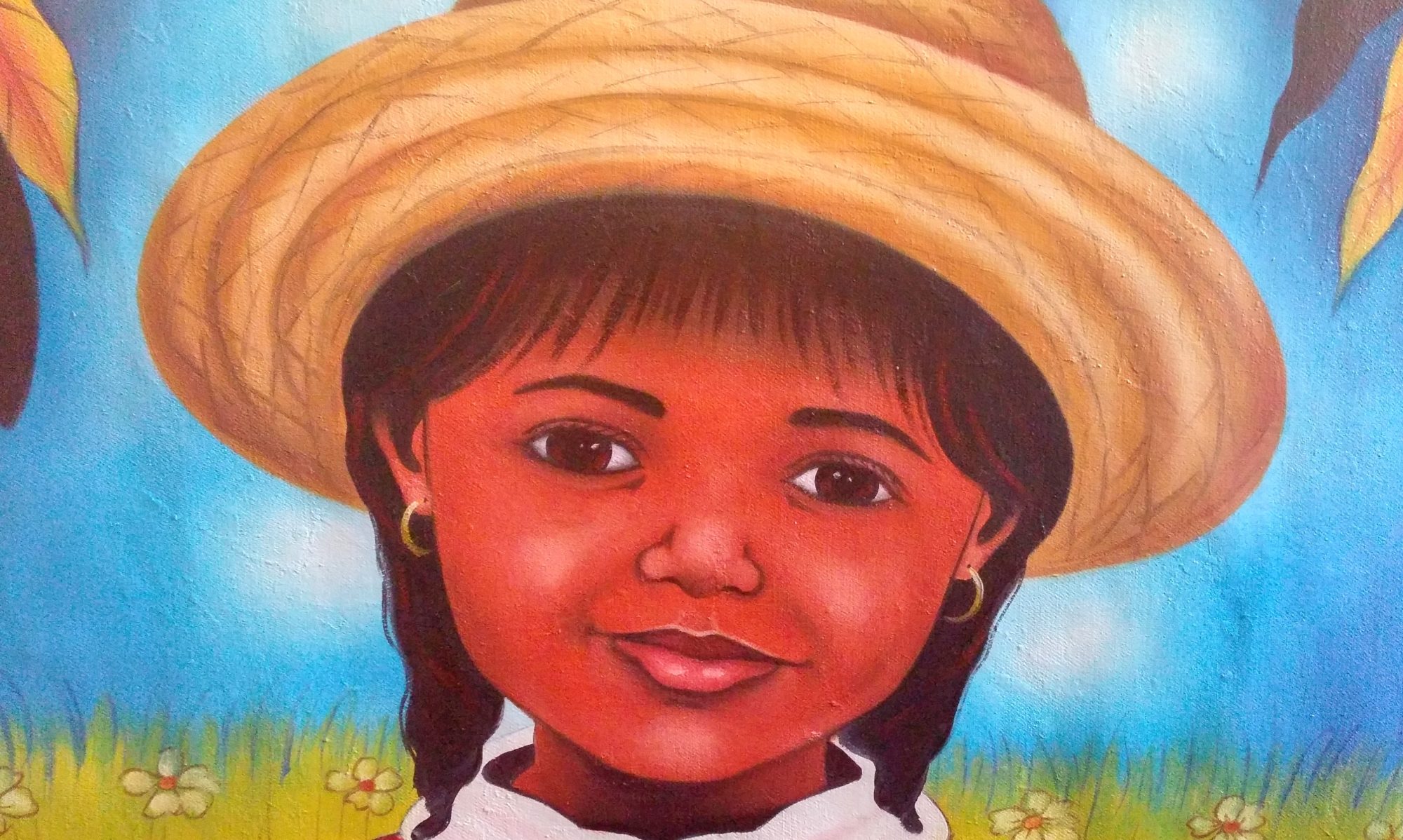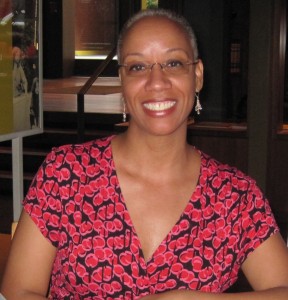It’s dark. Fireworks have begun to streak the sky with glorious reds, whites, and blues. America celebrates its independence again. We are proud. We are also proud of the fact that Haiti–only Haiti–fought for and declared herself independent just a few years later after 1776. Haiti remains the only nation whose slaves fought and won a revolution. The year was 1804. Who wouldn’t be proud of that?
1804. Haiti declared herself free. No more slavery. But it’s now 2013, and a child sleeps under a table tonight. Someone forgot to tell her she is, indeed, free. No one has told her. Not yet.
While the sky stretched over the United States explodes with color tonight, a child tumbles into a colorless dream. She is a rèstavèk–a “stay-with” child, a modern-day slave. The little spot under the table has been her bed for many years. There are no dreams under the table. No hope. No future. She does not know the meaning of independence. Perhaps, she will never know. No one has told her. Not yet.
Read Patricia Philippe’s offering on the subject of Rèstavèks below. Happy Independence Day from VoicesfromHaiti.com
Rèstavèk ~ by Patricia Philippe

Haitian Kreyòl is the language of we, the people, including those among us born on American soil; including the children of rèstavèks.
Who is this Gede they keep talking about? Black man in a suit with baby powder all over his face standing at the intersection of life and death, ready to help fools cross over?
Burn purple and while candles for him? Not today. It is Damballa I favor to make an opening in the sky for my heavy thighs to keep doing warrior poses.
My white candle burns on the ancestors table to pay homage to the wise spirits who penetrate my thoughts while I sleep. They teach me through my dreams.
What color candle does Madame Renaud burn? To whom does her rèstavèk pray? She had one at the house in Port-Au-Prince, don’t you know. Madame Renaud referred to the rèstavèk as her little girl: “The little girl I take care of . . .”
We all knew the little girl didn’t get much care at all. Madame Renaud wouldn’t have said it loud enough for anyone to hear. There were her pride and conscience to protect. We all knew the truth.
What crime did the child commit? Was it an offense to be born to parents who could neither nurture nor educate her?
The child was sent to live in a city with wolves: Was that some sort of punishment? It’s supposed to be a secret, you know. They don’t like it when I tell you this. They don’t want me to tell. But I can’t keep my mouth shut. Like the fireworks in the sky, I will not be silent. Not anymore.
——————
Patricia Philippe is a writer and Managing Editor of Kalyani Magazine. She lives in New York, and started Ann Pale Kreyòl: a “meet-up” group that supports Haitian-Americans who wish to learn Kreyòl and improve fluency.


